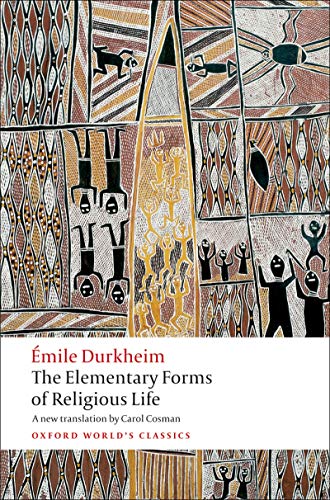Description
In The Elementary Forms of Religious Life (1912), Emile Durkheim sets himself the task of discovering the enduring source of human social identity. He investigates what he considered to be the simplest form of documented religion – totemism among the Aborigines of Australia. For Durkheim, studying Aboriginal religion was a way “to yield an understanding of the religious nature of man, by showing us an essential and permanent aspect of humanity.” The need and capacity of men and women to relate to one another socially lies at the heart of Durkheim’s exploration, in which religion embodies the beliefs that shape our moral universe.
The Elementary Forms has been applauded and debated by sociologists, anthropologists, ethnographers, philosophers, and theologians, and continues to speak to new generations about the intriguing origin and nature of religion and society. This new, lightly abridged edition provides an excellent introduction to Durkheim’s ideas.
His study of totemic societies in Australia led to a conclusion that the animal or plant that each clan worshiped as a sacred power was in fact that society itself. Halfway through the text, Durkheim asks, “So if [the totem animal] is at once the symbol of the god and of the society, is that not because the god and the society are only one?”







Reviews
There are no reviews yet.